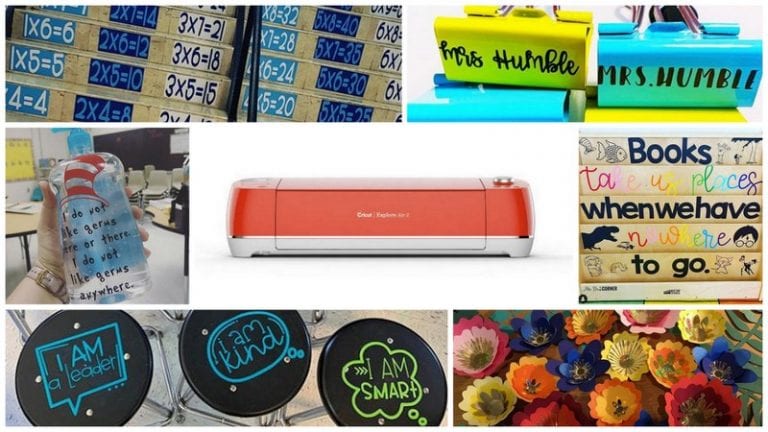Chances are, you probably know where your students are academically. You have carefully planned out lessons and give regular assessments to make sure your students are on target. But do you assess SEL skills? If you’re going to put effort into teaching SEL, you should also have ways to track the effectiveness of your efforts. By regularly assessing students’ social and emotional learning, you can learn more about how you can best support them.
The Collaborative for Academic, Social, and Emotional Learning (CASEL) has come up with five core competencies of SEL: self-awareness, self-management, social awareness, relationship skills, and responsible decision-making. While it is important to teach students about each of these competencies, it is equally important to assess how students are developing them.
Use these smart strategies to assess SEL skills:
Assess Self-Awareness with Entrance Slips
You may be used to having students complete exit slips, but how about entrance slips? Hand students index cards when they come into class and have them write or draw about how they are feeling. Younger students can circle faces showing feelings that look like their own. Older students can write about why they are feeling the way that they are. Collect the entrance slips and review them privately to respect students’ feelings and encourage vulnerability. This strategy helps you gain information about the emotions that are brought into your class while allowing you to assess students’ self-awareness skills.
Assess Self-Management with Goal Trackers
It’s pretty common for us to have students set academic goals. But how about SEL goals? Once students are aware of the social and emotional competencies they’d like to develop, encourage them to set an achievable goal. For example, a kindergartner might set a goal of asking a peer to play at least once a week or a ninth grader might set a goal of checking in with a friend who is having a hard time.
After the goals are set, encourage students to monitor their progress once a week. Again, this goal setting and monitoring can be done privately. Consider giving students a calendar to physically check off dates and make notes on their work. Notice not only how your students are progressing to their goals, but also how they are reflecting on their progress. Students who are having difficulty meeting their goals can be given extra one-on-one support.
Assess Social Awareness with Role Plays
Role plays can be a powerful SEL tool, as they avoid the intensity of discussing events that actually happened to students. You may already be using role plays as a way to teach students how to practice navigate challenging social situations. But you can also use role plays as an assessment tool. Social awareness hinges on the ability to empathize, or take the perspective of, others. Pair students up and have them play the role of two students having an argument. Ask students to each explain their perspective to their peer, then have students switch roles to take on each other’s perspectives. When students do this, pay attention to their abilities to truly see both sides of a story. Note who does this naturally and who might have more difficulty.
Assess Relationship Skills at Recess
What better setting is there for practicing SEL skills than recess? During recess, take a “fly on the wall” perspective as you observe your students’ relationship skills. Pay attention to how students listen to each other, cooperate, and navigate differences of opinion. Bring a clipboard with you to observe and assess how students are getting along with each other. It can be helpful to bring a class roster with you so you can make sure to collect data on each of your students. Try to do this once a month, noting how social dynamics and relationship skills change over time.
Assess Responsible Decision Making with Fiction Writing
As with role plays, fiction writing can help students practice making responsible decisions. Learn more about your students’ decision-making skills by giving them a tricky social situation to write about. For example, students can write about a character whose friends are bullying a peer. Ask students to write a story about how the main character could show responsible decision making. Though the writing would be fictional, it is an effective way to assess students’ abilities to distinguish and describe responsible decision making.
When you assess SEL skills, you can get important information about your students’ development. But, even more importantly, you can truly learn how to help them more. Looking to do more formal assessments of SEL competencies? Check out CASEL’s Measuring SEL site for additional ideas.
How do you assess SEL skills in the classroom? Come and share in our WeAreTeachers HELPLINE group on Facebook.

